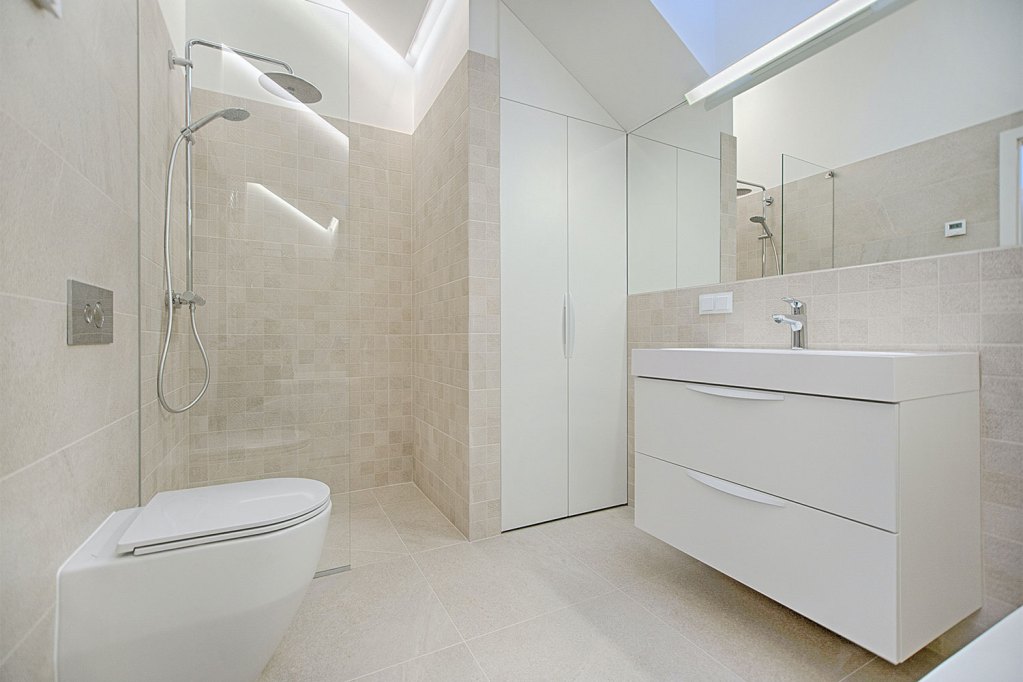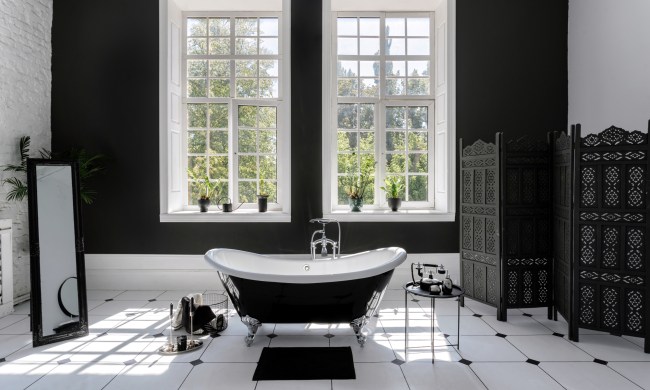
Glass shower doors add a touch of elegance to any bathroom, but they can quickly lose their sparkle because of soap scum, grime, and pesky streaks. Fear not! With the right cleaning techniques and a few simple ingredients, you can restore your glass shower door to its pristine condition. Let’s explore effective methods for how to clean glass shower doors without leaving behind streaks.
What is the best thing to use to clean glass shower doors?

When it comes to cleaning glass shower doors, you have two primary options: DIY natural cleaners or commercial glass cleaners. DIY solutions are often cost-effective and environmentally friendly, while commercial cleaners may offer convenience and specialized formulas for tough stains.
White vinegar and dish soap for cutting grime
For a powerful yet natural cleaning solution, mix equal parts white vinegar and water in a spray bottle, adding a few drops of dish soap. Spray the solution onto the glass surface and let it sit for a few minutes to loosen the grime. Then, scrub gently with a sponge or microfiber cloth and rinse thoroughly with water. However, exercise caution when using vinegar on surfaces like natural stone, as it can cause damage.
Baking soda and dish soap instead of vinegar solution
If you prefer to avoid vinegar, a mixture of baking soda and dish soap can also effectively tackle grime on glass shower doors. Create a paste by mixing baking soda with a small amount of dish soap, then apply it to the glass using a sponge or cloth. Scrub gently in circular motions, focusing on areas with stubborn stains, before rinsing thoroughly.
Lemon and lemon oil to kick streaks to the curb
Harness the power of citrus to banish streaks from your glass shower doors. Simply cut a lemon in half and rub it directly onto the glass surface, focusing on areas with visible streaks. The acidic properties of the lemon help dissolve residue while leaving behind a fresh, citrusy scent. For added protection against future water marks, lightly coat the glass with lemon oil after cleaning. Your glass won’t streak again for a long time!
Tips for keeping your glass shower doors clean and streak-free

Prevention is key when it comes to maintaining clean and streak-free glass shower doors. Here are some tips to help you keep your bathroom sparkling:
- Address issues like hard water, mold, and mildew: Regularly inspect and address any signs of hard water buildup, mold, or mildew to prevent them from becoming major cleaning challenges.
- Clean your shower frequently: Make it a habit to clean your shower regularly to prevent soap scum and grime from building up on the glass surfaces.
- Use a daily shower spray: Invest in a daily shower spray and use it after each shower to help prevent water spots and mineral deposits from forming on your shower door. You can also create your own by mixing one part vinegar and two parts water with a bit of dish soap and storing it in a spray bottle.
- Squeegee your shower doors: After each use, make it a habit to squeegee your shower to prevent water spots and maintain a gleaming glass surface.
- Ensure great ventilation: Proper ventilation in your bathroom can help reduce humidity levels, minimizing the risk of mold and mildew growth on your shower door.
- Apply a water-repellent coating: Consider applying a water-repellent coating to your glass shower door to help repel water and minimize the need for frequent cleaning.
With the right cleaning techniques and preventative measures, you can say goodbye to streaks and keep your glass shower door looking crystal clear. Whether you opt for DIY solutions or commercial cleaners, regular maintenance is key to preserving the beauty and functionality of your bathroom oasis. Say hello to your sparkling shower door and enjoy a refreshing start to your day!



